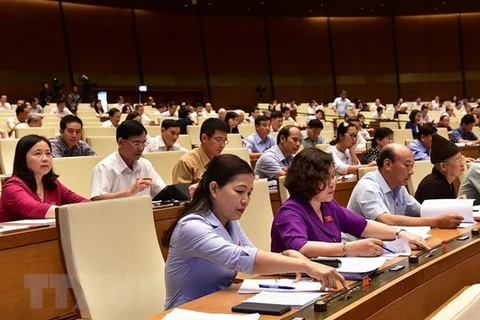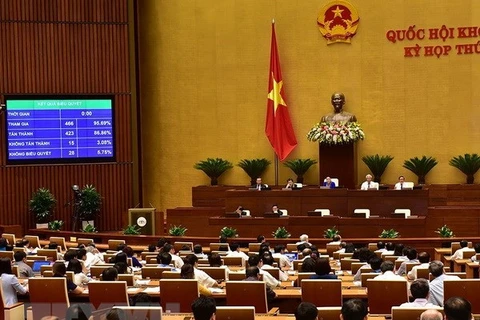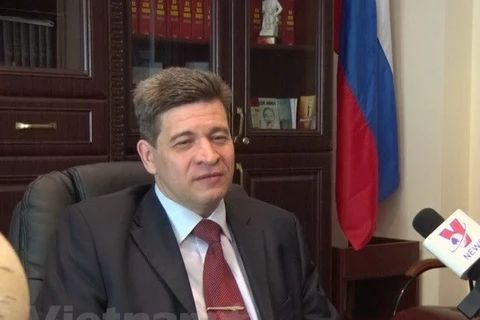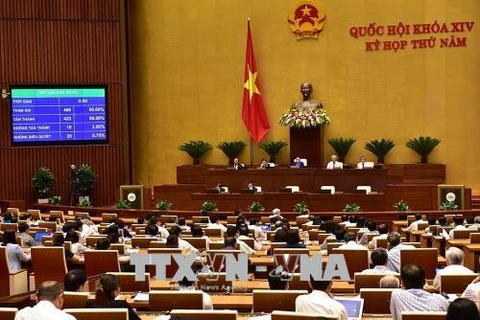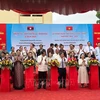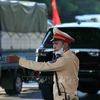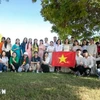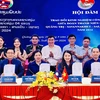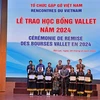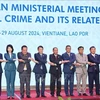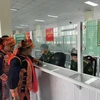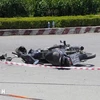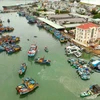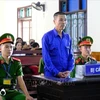Hanoi (VNA) – The Law on Cyber Security is an important, much needed legal framework for authorised forces to be able to tackle risks and challenges from cyber space in a timely and effective manner, according to the Ministry of Public Security’s Cyber Security Department (CSD).
The law, which was adopted during the fifth session of the 14th National Assembly and announced by the President on June 28, is comprised of seven chapters and 43 articles, and will become effective from January 1, 2019.
The department reported that Vietnam has faced dozens of serious, large-scale cyber attacks over the past few years, directly threatening national security, social order and safety, and seriously affecting the local economy.
The latest statistics from the department show that in the first six months of the year, 2,769 websites and online portals with national domains – 35 of which are managed by Party and State agencies – were either hacked, had their interfaces or content altered, or were deprived of administration authority.
What is more, the Internet and some digital services and applications have also been used by hostile forces to spread calls for illegal protests and gatherings that may incite rioting or violate national sovereignty, interests, and security.
Meanwhile, the dependence on foreign-origin technology devices has led to an urgent need to form a cyber security industry.
CSD Director Hoang Phuoc Thuan said that the Law on Cyber Security clarifies cyber security ensures that activities on the Internet do not harm national security, social order and safety, as well as the legitimate rights and interests of organisations and individuals.
This is a new issue, demonstrating the National Assembly’s standpoint on protecting the legitimate rights and interests of organisations and individuals in line with national security, said Thuan.
Regarding concerns related to the granting of sub-licences to telecommunications and Internet-based companies, Thuan said that the issues were carefully considered alongside consultations with the business community during the building of the law.
“There are no obstacles and there will be none of the sub-licences as rumoured,” stated Thuan.
Luu Binh Nhuong, standing member of the National Assembly’s Committee on Social Affairs, said that concerns about limited freedom of speech once the law is adopted are baseless as the issue is not regulated in the Law on Cyber Security, but the Civil Code.
The law only controls issues related to cyber security and does not prohibit freedom of speech, said he.
“Translating the Law on Cyber Security as prohibiting freedom of speech is a misunderstanding and it should not be referred to in that way,” stressed Nhuong, adding that the law only targets cyber criminals.
The law only focuses on preventing and combating high-tech and cyber criminals, and matters related to security, and social order and safety are regulated in other laws, he concluded. -VNA
VNA

